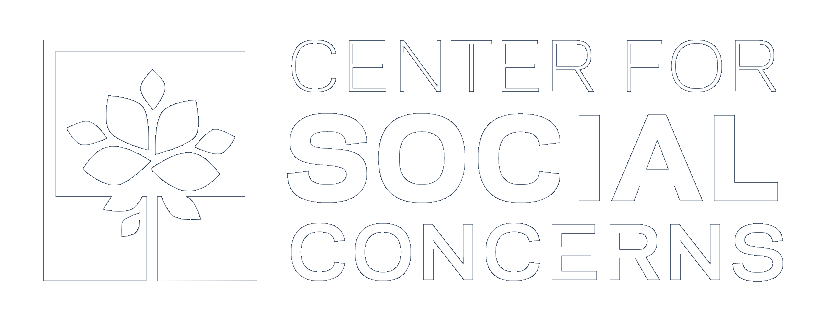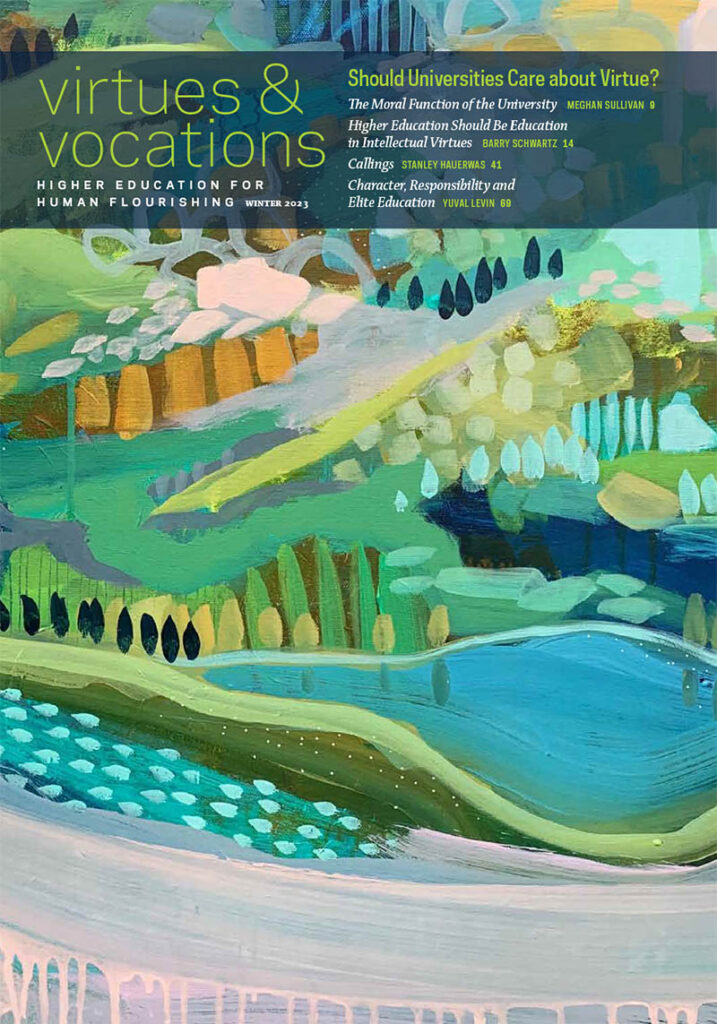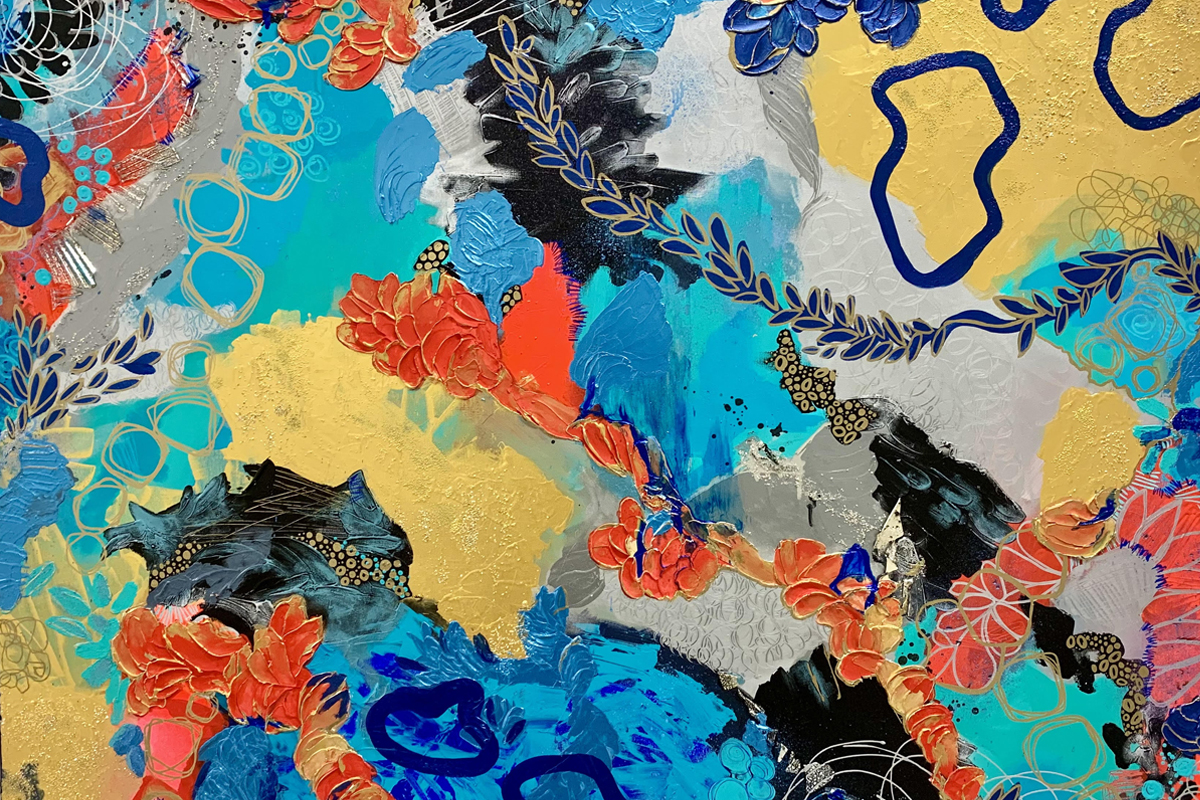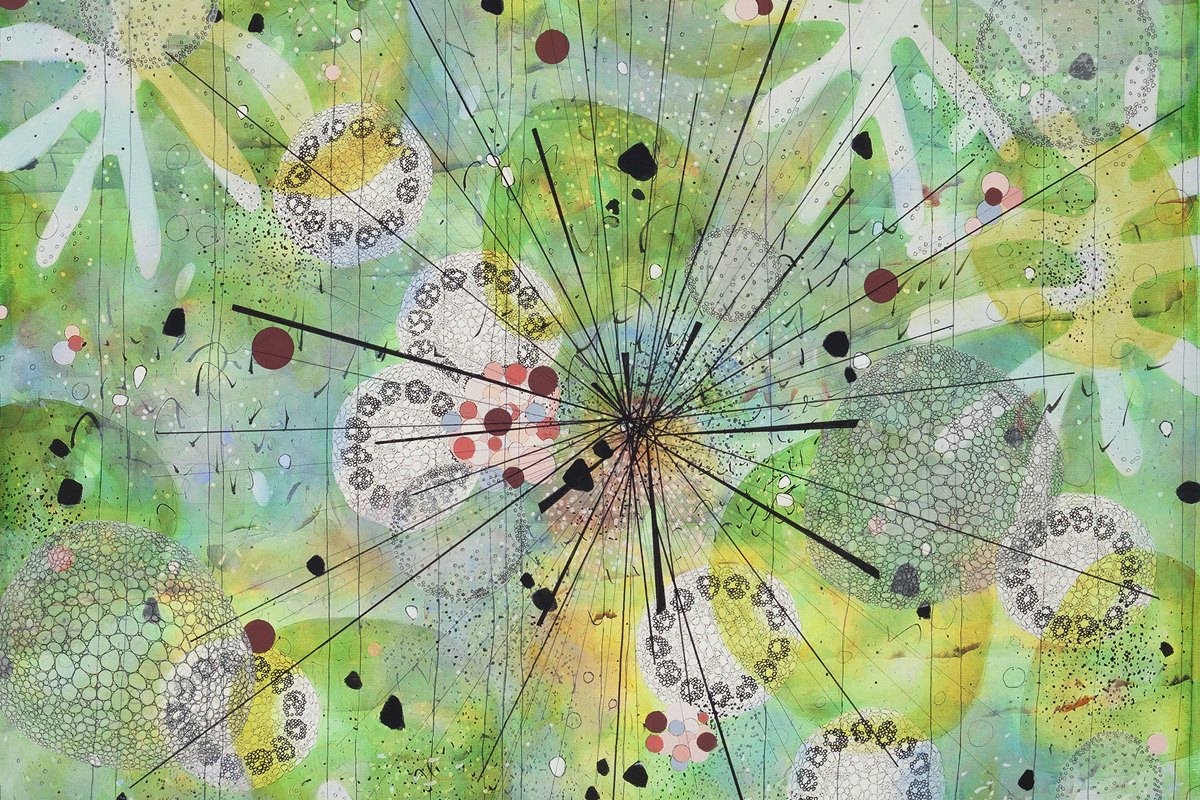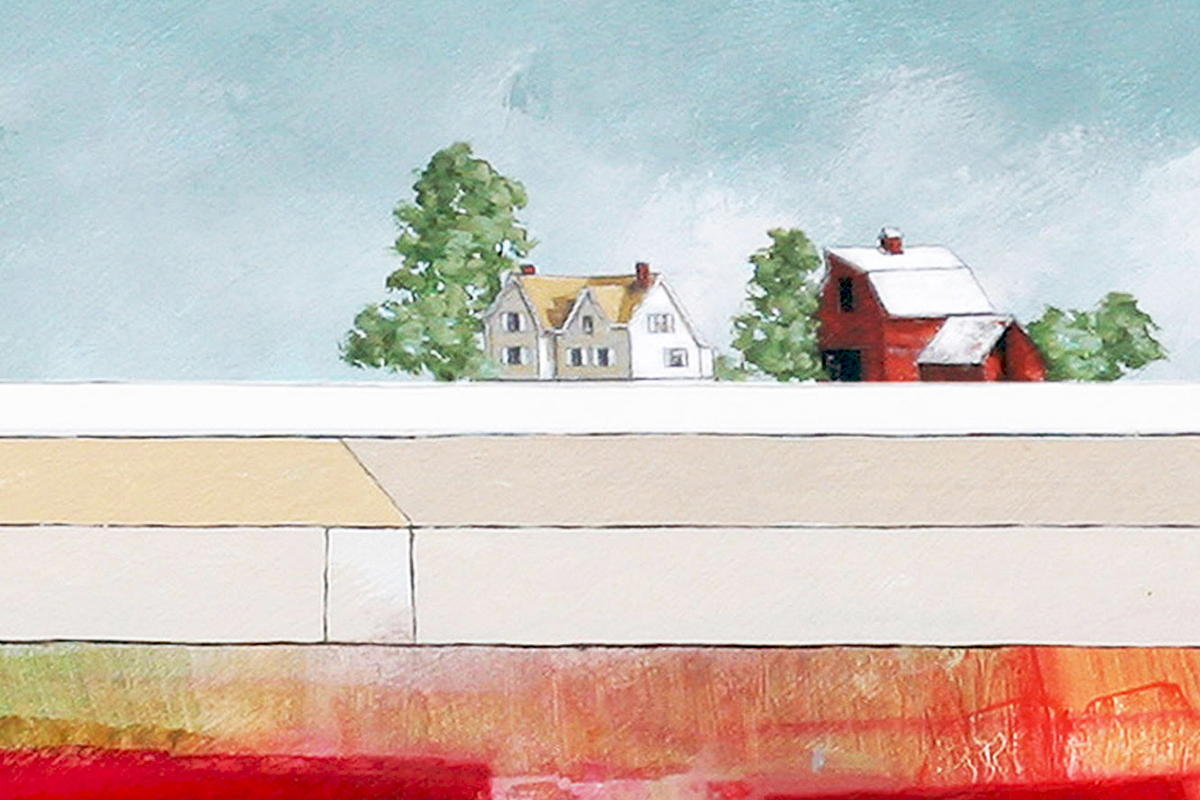Virtues & Vocations is a national forum for scholars and practitioners across disciplines to consider how best to cultivate character in pre-professional and professional education. Virtues & Vocations hosts faculty workshops and monthly webinars, and engages issues of character, professional identity and moral purpose through our publications.
Upcoming Webinars
Education for Flourishing: Pursuing Purpose in the Professions
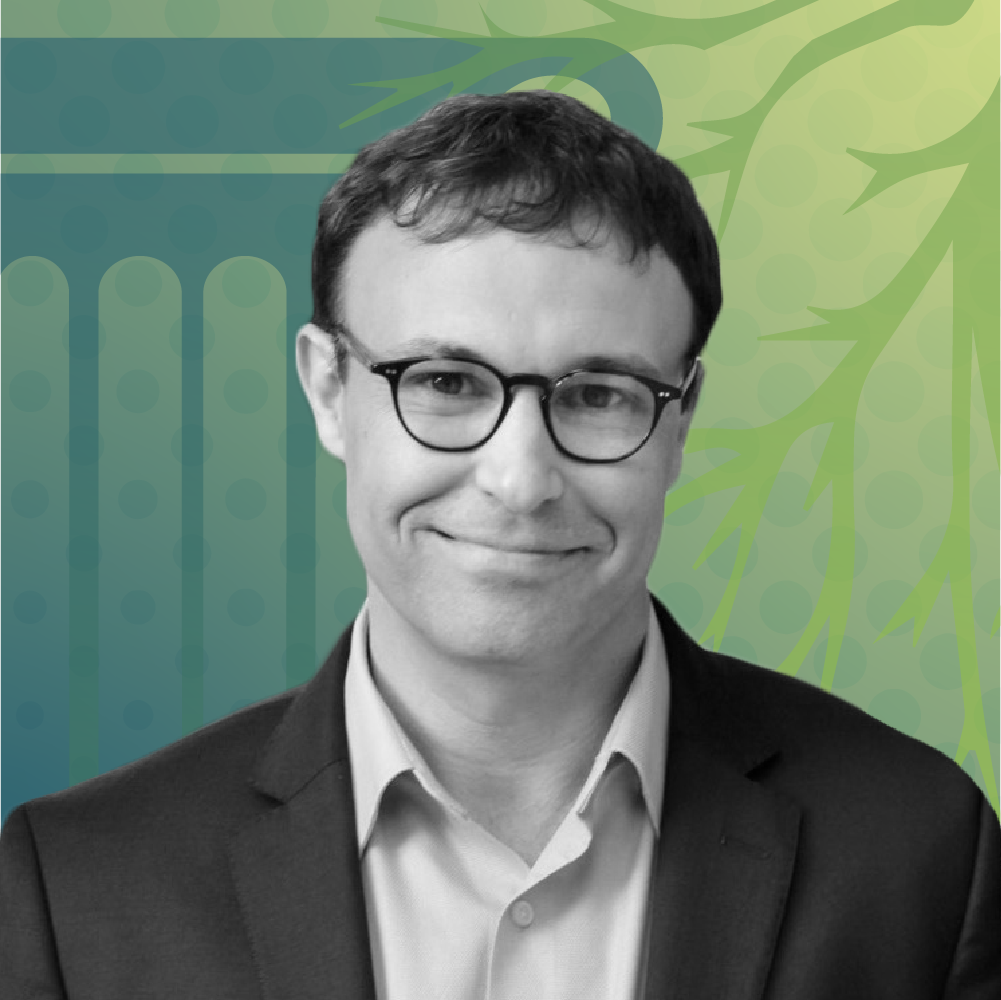
Michael Lamb
Monday, January 30, 12-1pm
Michael Lamb, author and executive director of the program for leadership & character at Wake Forest University, will join us for a conversation on Hope & Character.
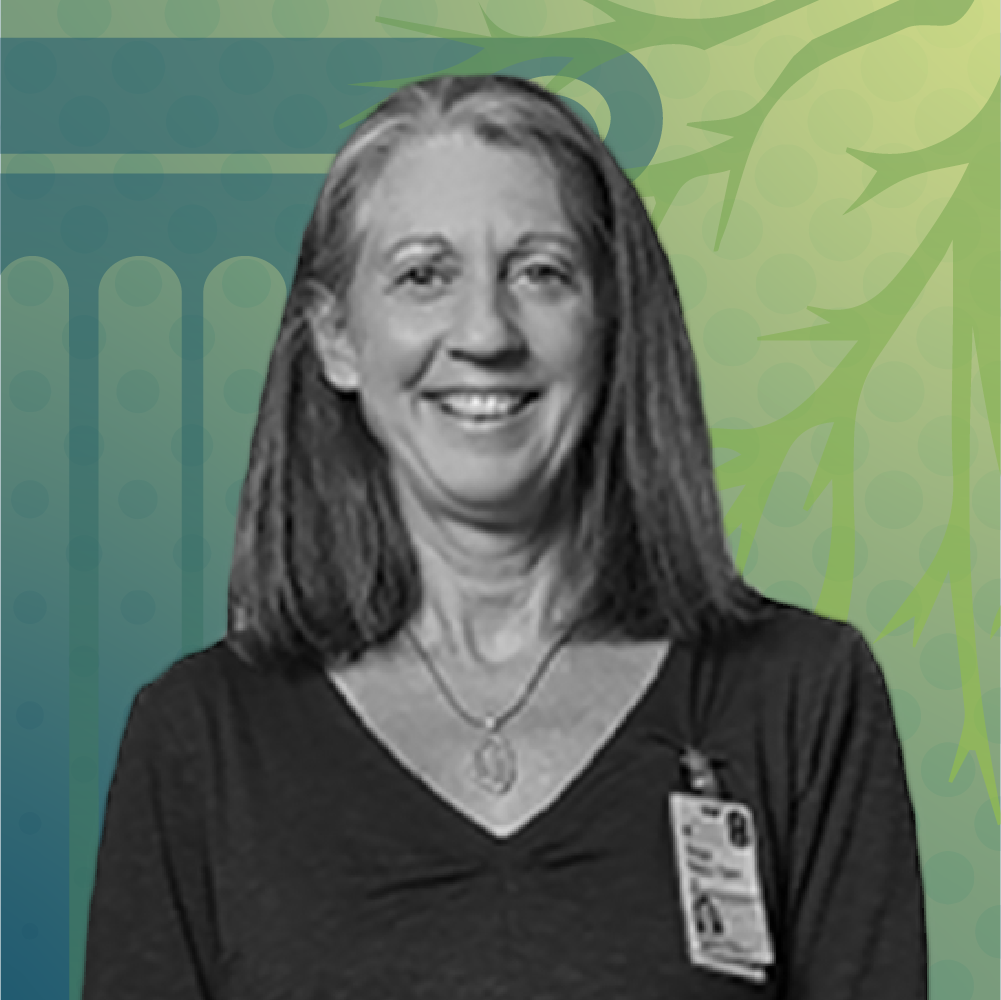
Dr. Margaret Plews-Ogan, MD
Monday, February 13, 12-1pm
Professor of Medicine at UVA Health Margaret Plews-Ogan, MD will discuss Wisdom & Medicine.
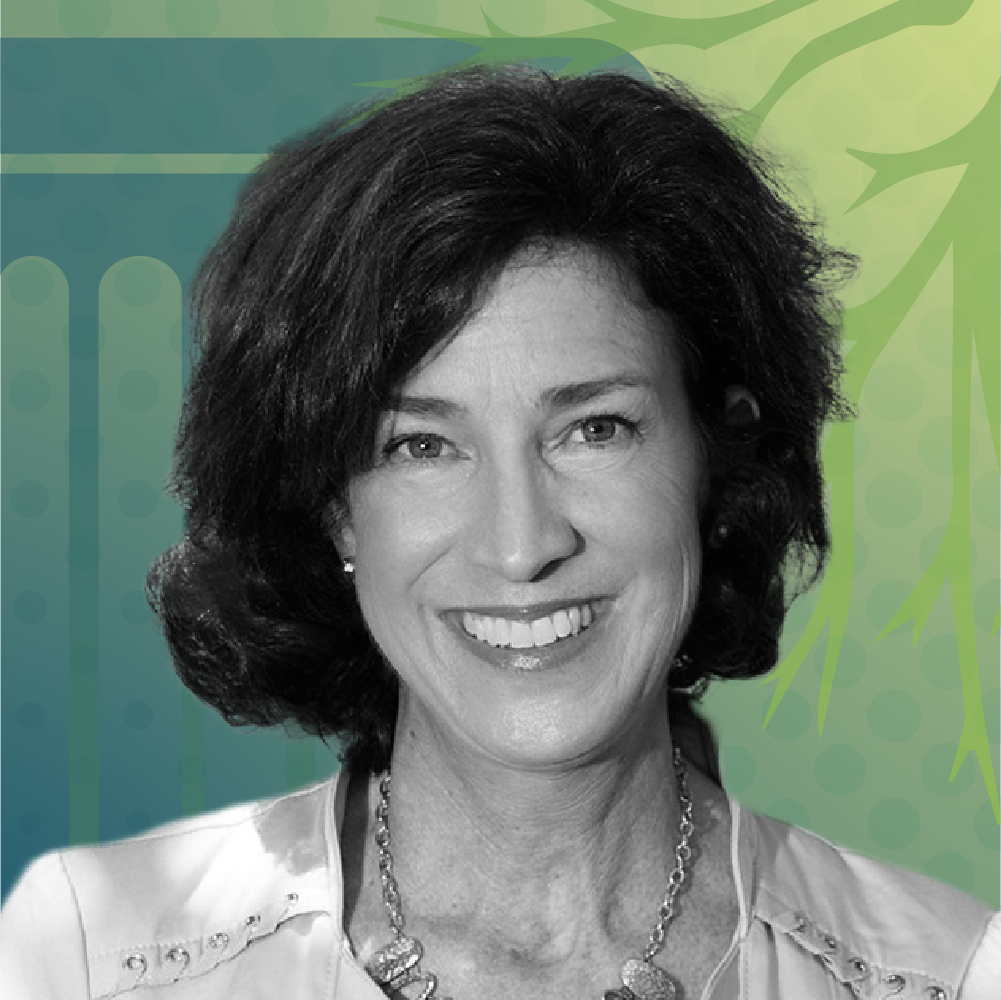
Karen Bohlin
Monday, March 20, 12-1pm
Karen Bohlin, educator and senior scholar at Boston University’s Center for Character and Social Responsibility, will discuss Educating for Character: Why Practical Wisdom Matters.
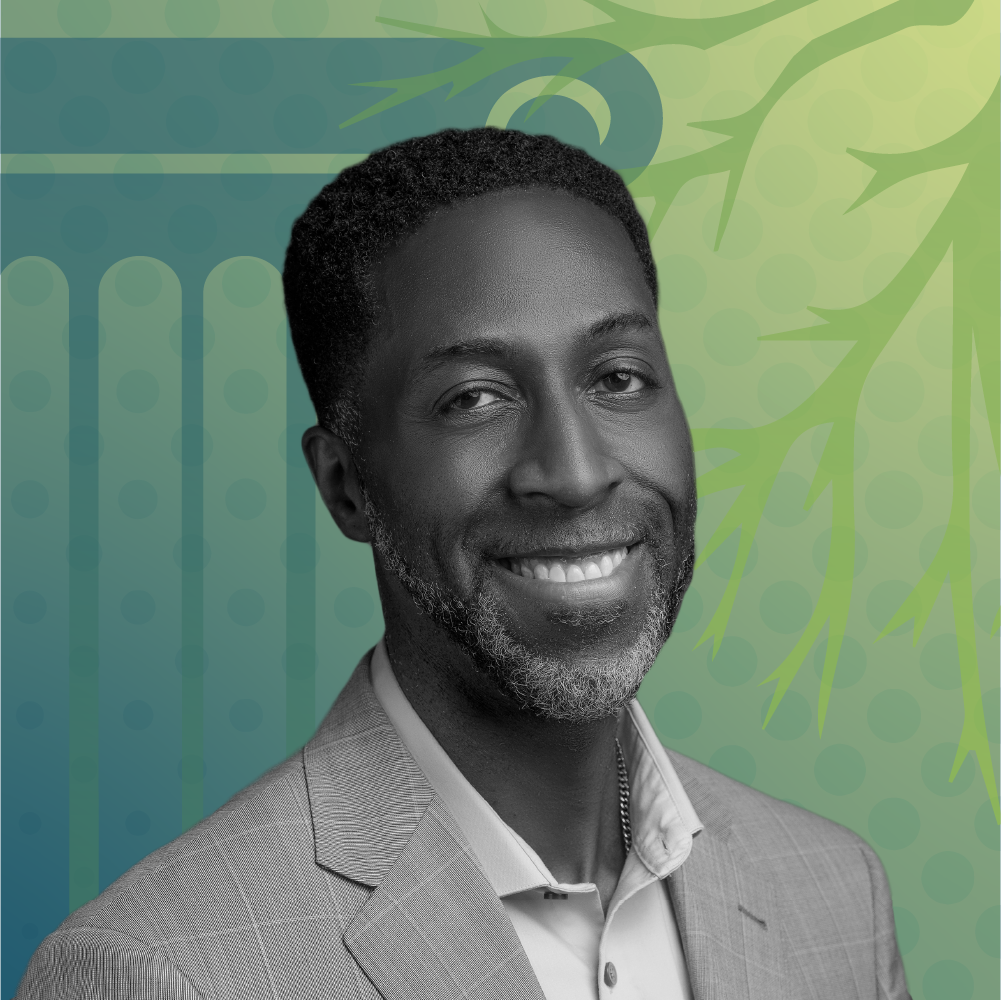
Nii Addy
Monday, May 22, 12-1pm
Nii Addy, Associate Professor of Psychiatry and of Cellular and Molecular Physiology and Director of Scientist Diversity and Inclusion at Yale School of Medicine, will discuss Mental Health & Human Flourishing.
Cover artwork: “The Blue Pond” by Clair Bremner © 2020
Virtues & Vocations: Higher Education for Human Flourishing is an open invitation to a conversation, a community, and a set of contested aspirations for both how we ought to live together in this world and how higher education might serve those aspirations. It is also animated by a highly contested, largely untested hypothesis that higher education can, in fact, promote human flourishing. In this magazine, when we talk about flourishing, we do so as Aristotle did, rooting it in the cultivation of character.
In August 2017, just a few days after a white supremacist mob marched on the University of Virginia, one of their most eminent and committed professors, Chad Wellmon, wrote a provocative piece for the Chronicle of Higher Education.
Virtues and vocations are classical moral concepts that invite fresh ways to think about how the educational process can make a difference for the moral life of their students.
The formation of elites has always been an uncomfortable subject for Americans because we think the whole idea of elites somehow violates our democratic ethos. In a society of equals, it feels wrong to speak of how a leadership class should be fostered.
This Month's Newsletters
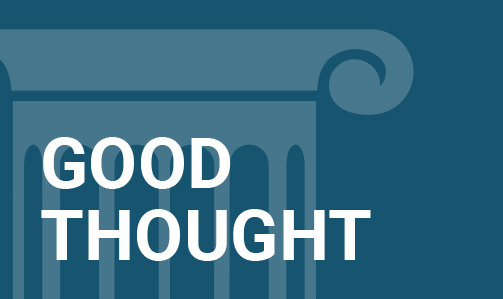
According to a recent National Business Ethics Survey (2013), almost one out of two U.S. employees has witnessed wrongdoing in their workplace. Half of them did not report the wrongdoing or take any action. Why do some individuals display courage at work while many of their co-workers — when faced with the same situation — do not?
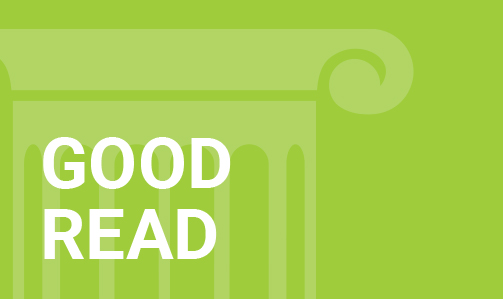
Claire Keegan’s Christmas novella, Small Things Like These, will not only draw your imagination into the lives of characters in an Irish town during Christmas week in the 1980s; it could also be an argument for liberal education.
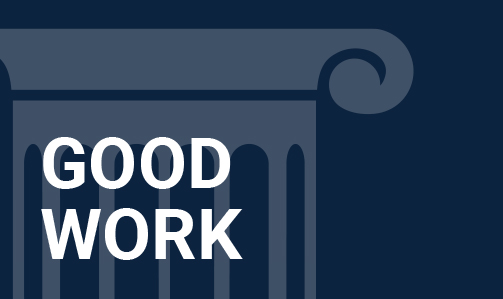
How can universities encourage students to move beyond cognitive engagement with ideas about flourishing into habits and ways of being? For students in Villanova University’s Honors Program, a Living Learning Community with a focus on “The Examined Life: the Good, the True, the Beautiful,” aims to do just that.
